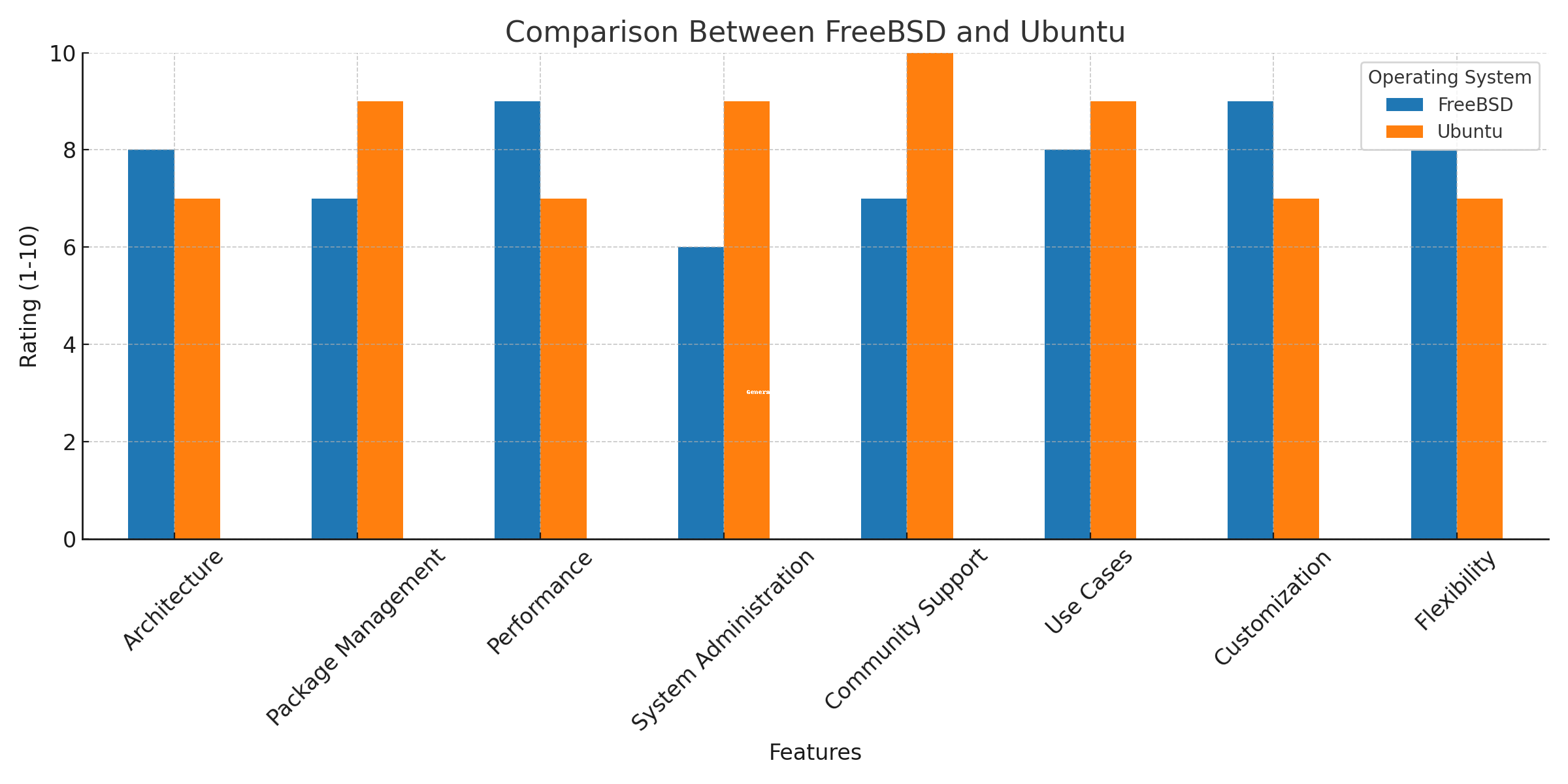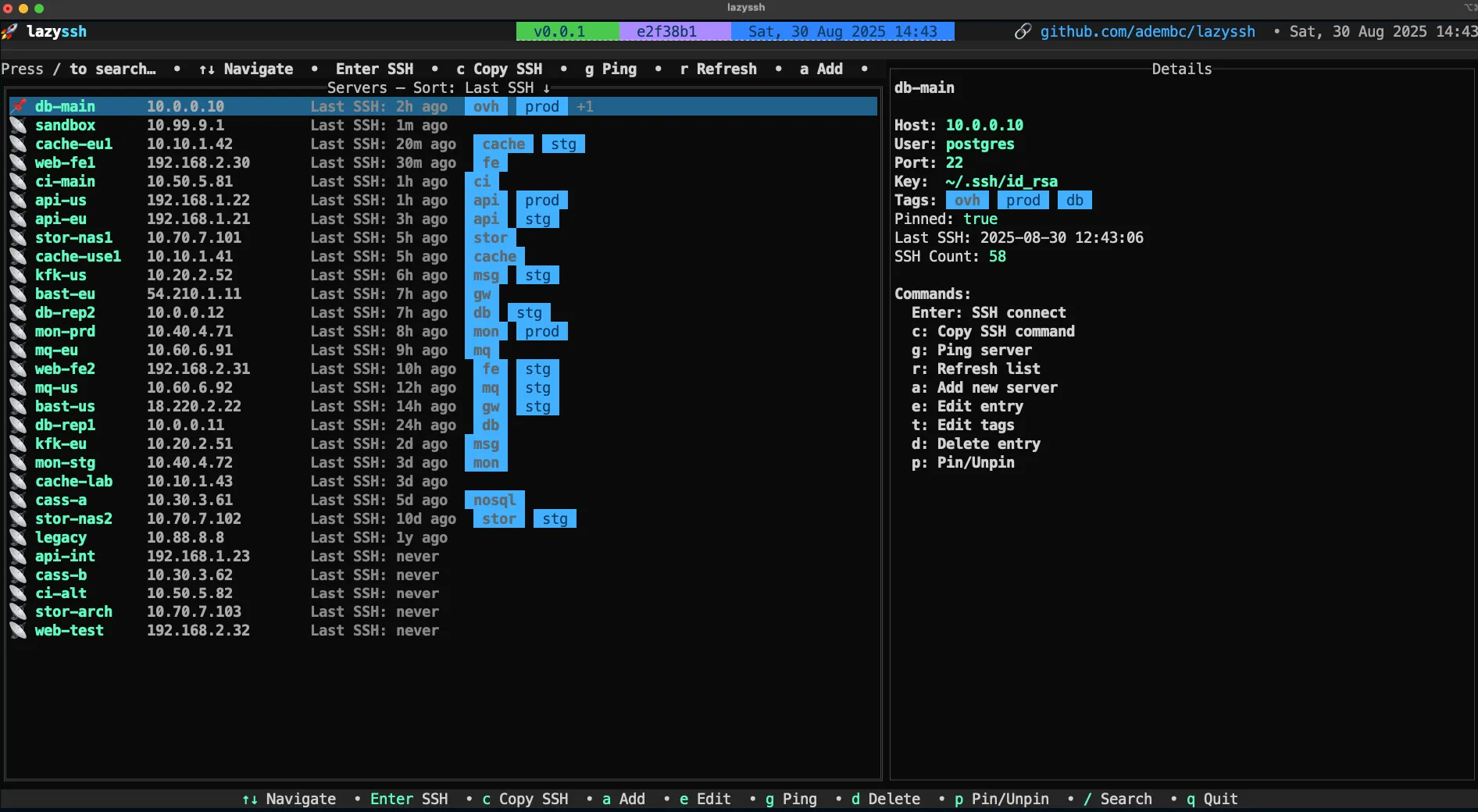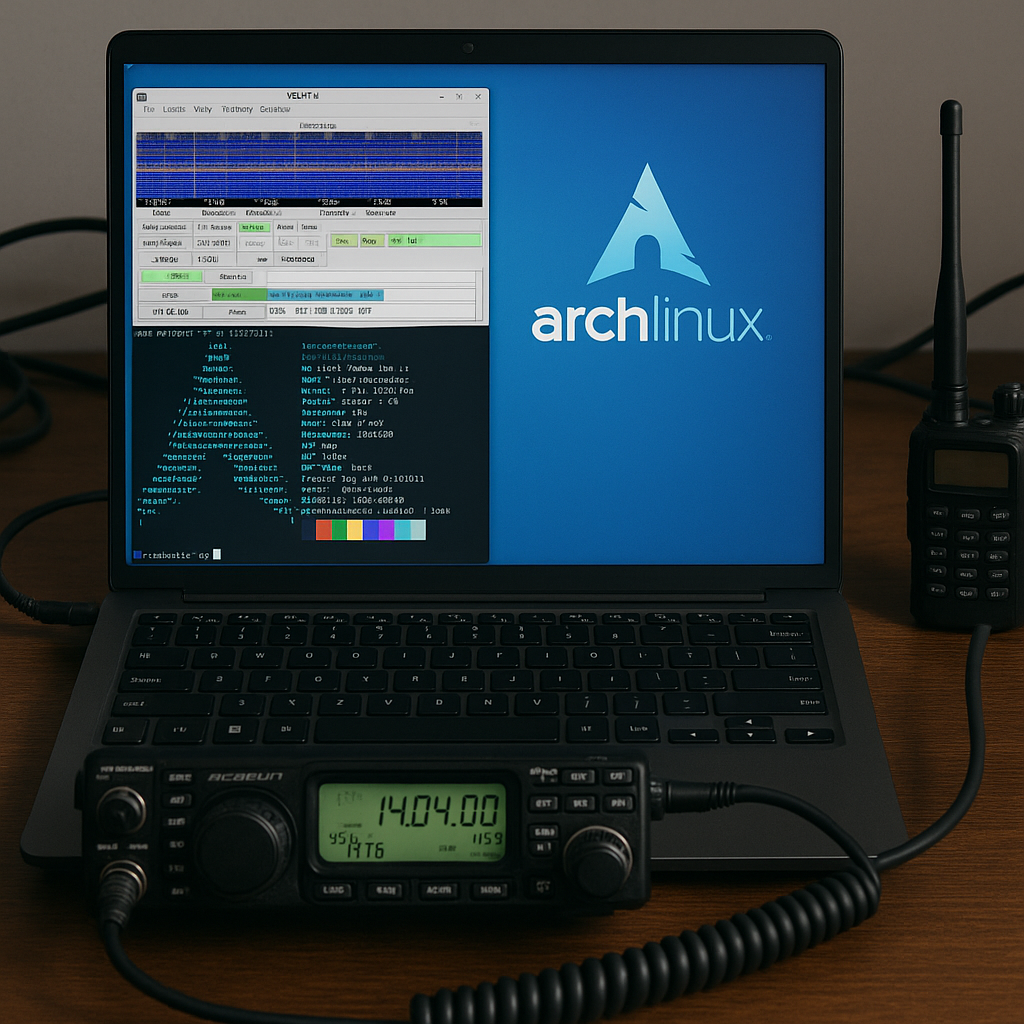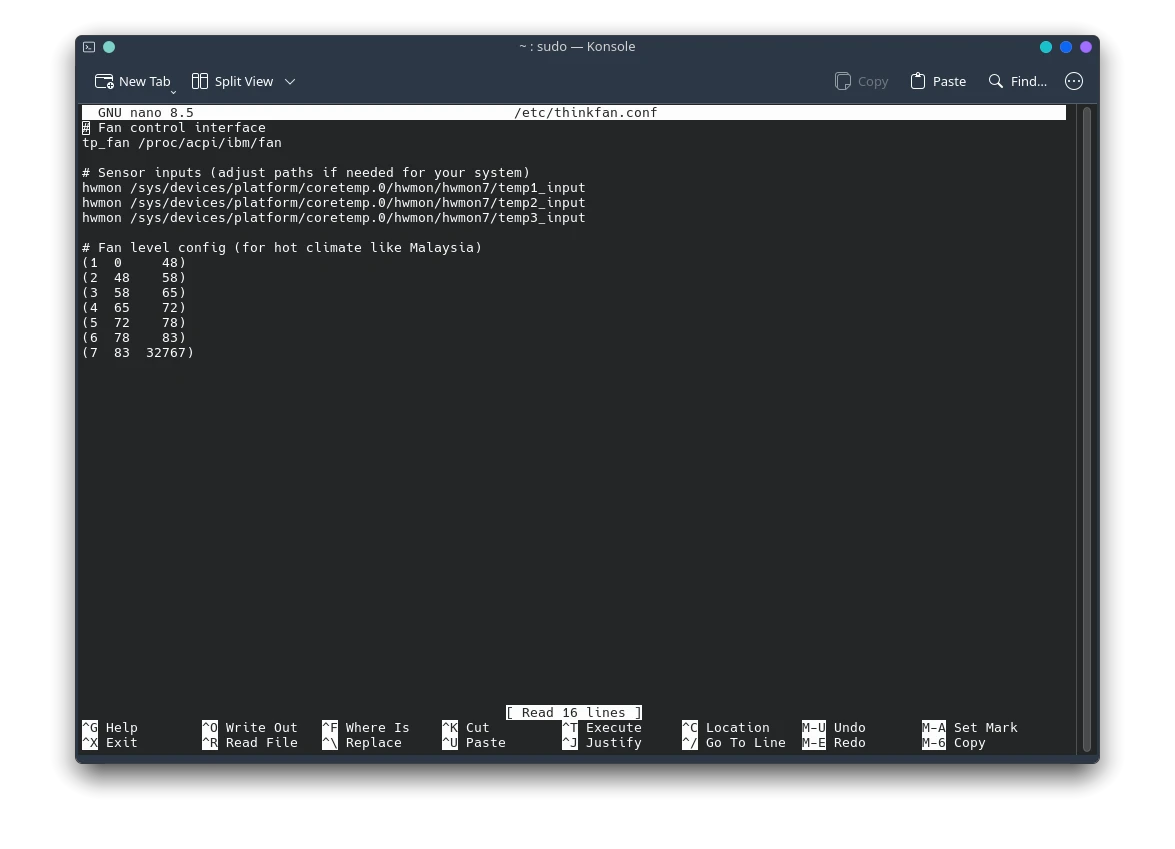free operating system
freebsd
linux
open source operating system
opensource
operating system
ubuntu
unix
#ComputerScience, #DevOps, #ITCommunity, #Linux, #NetworkSecurity, #OpenSource, #OperatingSystems, #Programming, #ServerManagement, #SoftwareDevelopment, #SysAdmin, #TechComparison, #Ubuntu
9M2PJU
0 Comments
FreeBSD vs. Ubuntu: A Comparison
When it comes to choosing an operating system for your projects, two names often come up: FreeBSD and Ubuntu. Both have unique strengths and characteristics that make them suitable for different tasks. In this post, we’ll dive deep into the differences and similarities between these two powerful systems, helping you determine which one is the best fit for your needs.
Overview of FreeBSD and Ubuntu
FreeBSD
FreeBSD is an operating system that is derived from the Berkeley Software Distribution (BSD). Known for its performance and advanced networking features, FreeBSD provides a robust environment ideal for servers, embedded systems, and networking applications. The entire operating system, from the kernel to the userland tools, is developed from a single source, which helps ensure consistency and stability.
Ubuntu
Ubuntu is a popular Linux distribution based on Debian. It is widely used for both desktop and server environments due to its user-friendliness and extensive software repositories. Ubuntu emphasizes ease of use and regular updates, making it a favorite among beginners and experienced users alike.
Key Comparisons
1. System Base
- FreeBSD: The entire OS is developed from a single source, providing a consistent and cohesive experience. This unified approach allows for seamless integration between the kernel and userland tools.
- Ubuntu: As a Linux-based system, Ubuntu relies on the Debian base. While it offers a rich ecosystem of software, the diversity of packages can sometimes lead to compatibility issues.
2. Performance & Efficiency
- FreeBSD: Renowned for its lightweight and minimal design, FreeBSD excels in server environments where performance is critical. It manages system resources efficiently, making it ideal for high-traffic applications.
- Ubuntu: While Ubuntu performs well in most situations, its default installation comes with a variety of services and applications that can consume more system resources than necessary.
3. Software Availability
- FreeBSD: With its Ports Collection and package management system, FreeBSD offers access to over 40,000 software options. However, it may lack some of the more niche applications available on Linux.
- Ubuntu: As one of the most popular Linux distributions, Ubuntu boasts extensive software repositories, providing compatibility with nearly all Linux applications. This makes it a go-to choice for developers and users looking for variety.
4. Security
- FreeBSD: Security is a core focus of FreeBSD. It features built-in security mechanisms such as jails (which provide a form of lightweight virtualization) and a strong emphasis on minimizing vulnerabilities.
- Ubuntu: While Ubuntu is secure and receives regular updates, its wider range of installed software can lead to a larger attack surface. However, it also offers tools like AppArmor for enhanced security.
5. Community & Support
- FreeBSD: The FreeBSD community may be smaller, but it is dedicated and knowledgeable. Comprehensive documentation is available, ensuring users have access to the resources they need.
- Ubuntu: Ubuntu has a large and active community, along with professional support available through Canonical. The extensive community means users can find help quickly, whether through forums or official channels.
6. Use Cases
- FreeBSD: Ideal for servers, network appliances, and scenarios where stability and performance are paramount. Its strong networking capabilities make it a popular choice for firewalls and routers.
- Ubuntu: Excellent for desktop use, development environments, and general-purpose servers. Its ease of use makes it particularly appealing for users who are new to Linux.
Conclusion
Choosing between FreeBSD and Ubuntu ultimately comes down to your specific needs and goals. If you’re looking for an operating system that excels in performance, security, and stability, especially in server or networking environments, FreeBSD is an excellent choice. On the other hand, if you prefer a user-friendly interface with a wide array of applications for both desktop and server use, Ubuntu may be the way to go.
Both systems have their strengths, and understanding them can help you make an informed decision. Whichever you choose, you’ll be working with powerful tools that are widely respected in the tech community. Happy computing!







Post Comment